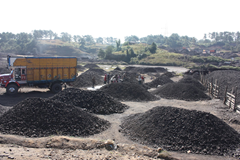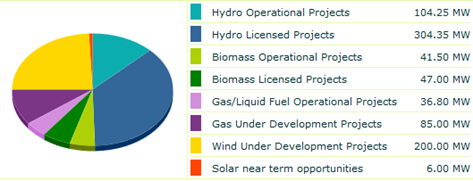
Power India found that Coal India Ltd (CIL) is planning to seek advice from the Prime Minister’s Office (PMO) for signing Fuel Supply Agreements with the Power Plants which are commissioned after January 2012.
Currently CIL is signing FSAs with the power plants which are commissioned on or before December 2011.
However, the PMO had earlier asked Coal India to sign in FSAs with the power plants which have commissioned after April 2009 and which are to be commissioned by March 2015.
As said by Coal India Chairman
"We will ask the government on how to go about signing FSAs with plants that have come up after December 2011 and will be put up till March 2015. We will send our queries to the coal ministry which may take it up with the PMO's office,"
As of now plants that have already commissioned after December 2011 is being supplied coal on the basis of memorandum of understanding that was signed with Coal India. This will continue till FSAs are signed with these plants.
The CIL management is, however, not sure if the same of set of FSAs that it is signing with existing power plants can be used for the new ones or if it will have to prepare another set of FSAs.
More Literature on this topic:
-------------------------------
Power India – A popular blog on Indian Power Sector







